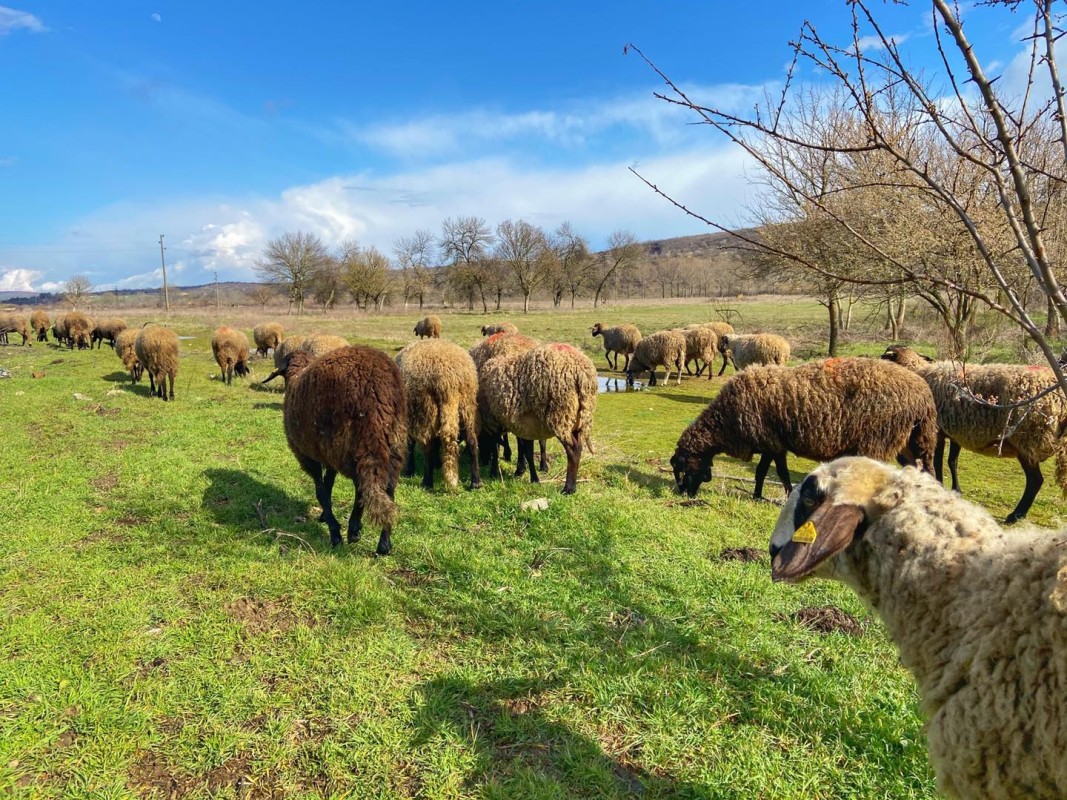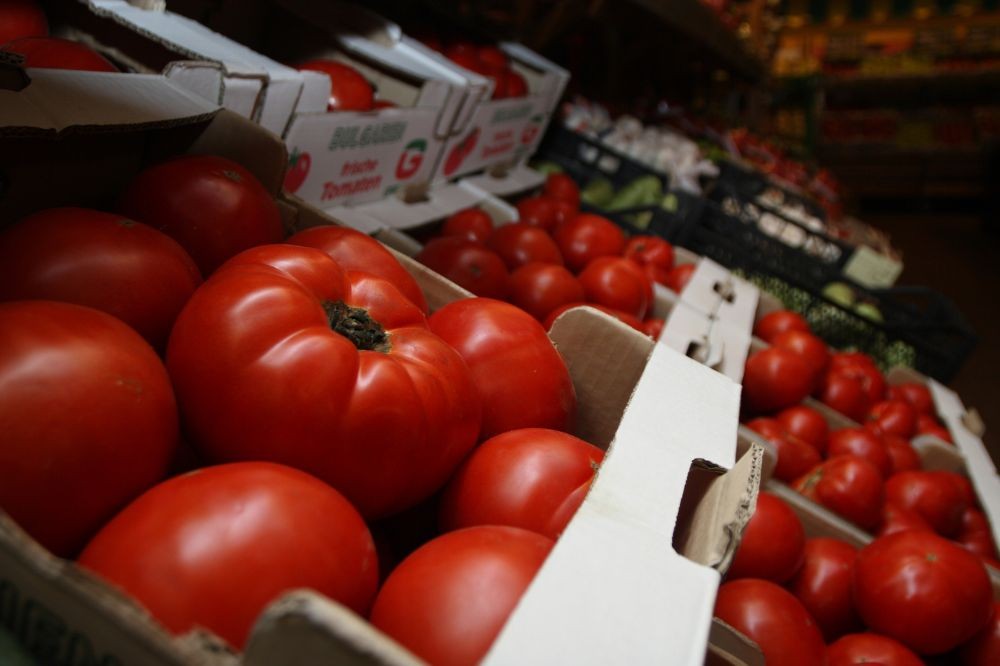Today is the first working day of the new regular government and this is perhaps a time for all sectors of the Bulgarian economy to heave a sigh of relief.
Indeed, one reason is that the limited powers of any caretaker government largely preclude legislative change. And change is vital, especially for growing industries like Bulgarian agriculture.
Livestock farmers, producers of seasonal fruit and vegetables, and grain growers - as wheat, sunflower and other cereal production is a major industry - are the worst affected by the country's long political impasse. The most serious problem that is well on the way to destroying entire agricultural sectors, and traditional ones at that, is the unregulated import of cheap produce from abroad.
The Ministry of Agriculture needs to start working for Bulgaria's national security, urged Tancho Kolev, chairman of the National Association of Meat and Dairy Producers. - For feeding the population is a matter of national security. He criticized the policy of promoting the consumption of substitute products instead of natural ones, which he said would lead to "the complete destruction of the livestock industry in Bulgaria." The overproduction of articles with a powdered milk composition has led to a twofold fall in the country's farm-gate price for fresh milk. In two months the price has fallen from 0.50 to 0.25 euros, Tancho Kolev told BNR - Stara Zagora.

"After the end of this interregnum, the problem in the dairy sector should be solved first", said in an interview for BNR's Horizon programme Mihail Mihailov from the Union of Cattle Breeders in Bulgaria.
An alert was sent to BNR by the only producers of the delicacy Gornooryakhovski Sudzhuk. This is the first traditional Bulgarian food product protected by the EU. However, it is produced only from high-quality beef, and such raw material is now hardly available in Bulgaria, they alarm. Imported meat from Romania is of very good quality, but is priced too high and ultimately affects the price of production. Rumiana Dobreva is a representative of one of the meat processing companies in Gorna Oryahovitsa and says the problem is long-standing:
"Meat breeds are quite expensive and they are no longer breeded in Bulgaria because of the strict regulations introduced in slaughterhouses after our country joined the EU, which is why there is a lack of beef on the market. Then many of the slaughterhouses closed down and even if cattle farmers kept animals, they had no place to slaughter them. That started the decline in production. Otherwise, there are European programmes, but first we need to stabilise things in the governance of the country so that funds can also be made available to rebuild the livestock industry."
It is from the meat industry that the new Minister of Agriculture, Kiril Vatev, comes. Upon taking office, he said that his goal was to bring "better quality and more Bulgarian food from Bulgarian raw materials to the Bulgarian table". Another priority task will be the consolidation of the agri-food chain "from the field to the table", which is why the ministry headed by Kiril Vatev will now be called the Ministry of Agriculture and Food.
Kiril Vatev is a well-known figure among farmers, but it is one thing when a person stands on the side of the producers, and another when he takes on the role of a minister in the cabinet - Ilia Prodanov, chairman of the National Association of Grain Producers, told Radio Bulgaria:
"Let's see what their policy will be and what decisions they will take. Obviously, the first thing we at the Association do when there is a new administration in the ministry, is ask for a meeting and try to find out what policy they are going to have, how they are going to work with us, what our communication is going to be, etc. We do not feel satisfied with the arrangement /extension for 3 months of the ban on wheat imports from Ukraine - ed./ because it only applies to 4 crops and their derivatives. This makes it insufficiently effective in practice. We have already repeatedly stated that unrefined oil should be included in the list of banned products in order for the measure to have a better effect on the Bulgarian market. The same applies to dried milk and honey, which worries fellow livestock farmers and beekeepers. The same also applies to fruit and vegetables. We want to have Bulgarian produce on the market, but we import products of unproven origin that undercut our own production, and then we wonder where the delicious Bulgarian tomato has gone. So gradually Bulgarian producers will give up producing these crops if their work is not cost-efficient."
Photos: BGNES
Translated and posted by Elizabeth Radkova
Membership in the European Union and Bulgaria’s upcoming adoption of the euro on January 1, 2026, are supporting the country’s institutions and governance stability, but corruption remains a significant challenge, according to the latest country..
The government has submitted to Parliament a draft bill to amend and supplement the Law on the Introduction of the Euro in Bulgaria. The proposed changes aim to improve the regulatory framework related to the dual display of prices for goods and..
The ratio of government debt to gross domestic product (GDP) in EU countries rose to 81.8% at the end of the first quarter of 2025 , up from 81% at the end of the fourth quarter of 2024. This is according to the latest data published today by the European..

+359 2 9336 661
